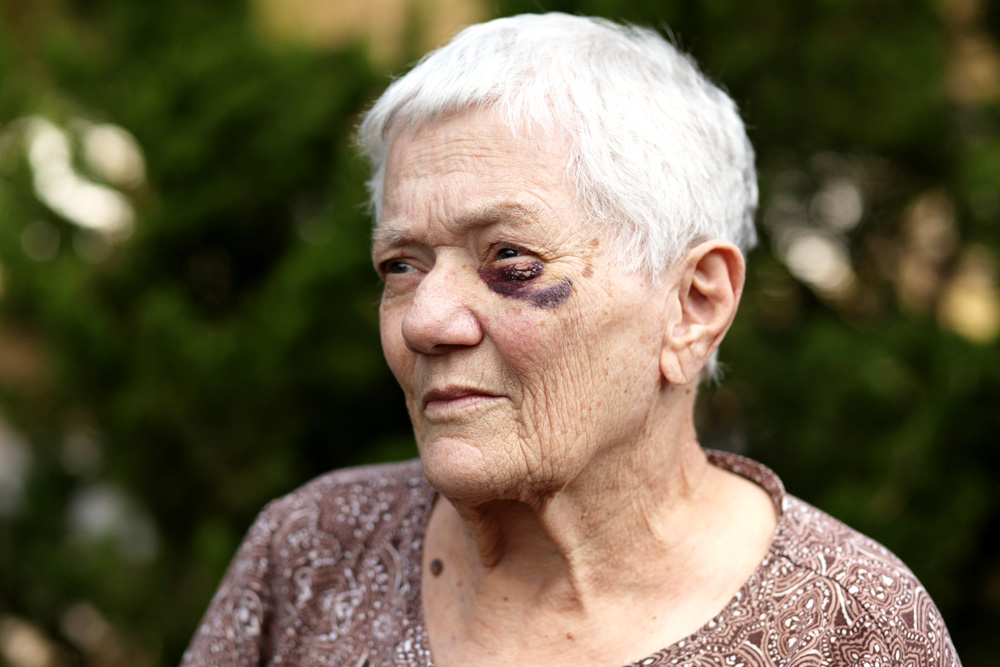If you or a loved one has been injured by a doctor or hospital, Call the Medical Malpractice Crisis Resource Line for Immediate Help >
Free Consultation. Call Now. (516) 394-4200
(516) 394-4200

Elder abuse is a problem. There’s no way around that, with roughly one in ten individuals over the age of 60 experiencing some form of abuse. Unfortunately, we may never know the true extent of the issue: a 2010 study in New York found the rate of incidence was nearly 24 times that of the report rate. Abuse occurs much more than it is reported.
According to the U.S. Administration on Aging, elder abuse is the “knowing, intentional, or negligent act by a caregiver or other person that causes harm or serious risk of harm to a vulnerable adult.”
Types of Abuse
That definition includes a number of different categories:
Fortunately, legislation exists in all 50 states for the prevention and interception of elder abuse. Organizations like the National Adult Protective Services Association offer safe and confidential help across the country.
But that doesn’t stop it from happening. Regrettably, elder abuse victims suffer a 300% higher risk of death within three years of the incident, and roughly 90% of the abusers are family members. A full two-thirds of them are either spouses or adult children. Individuals that are socially isolated or suffering from some sort of impairment like Alzheimer’s are at an increased risk, but the reality is that elder abuse can happen to anyone, anywhere.
If you perceive an immediate threat to someone, don’t hesitate to call 911. If you have any suspicion or concern that abuse may be taking place, contact your local branch of Adult Protective Services for advice on how to proceed. And if you or your loved ones have been the victim of abuse, please consider contacting the experts at Duffy and Duffy. The guilty parties must be held accountable. For you. For your family.
Let’s stop elder abuse in its tracks.
No. Our injury cases are handled on a contingent retainer. You pay nothing upfront, and we recover attorney’s fees only if your litigation is successful. We don’t bill by the hour. You don’t need to worry about running up a large attorney’s bill before you see any recovery for your injuries.
Yes. Our firm is dedicated to creating a strong relationship with our clients, beginning with keeping your information and consultation confidential.
Each case we encounter is carefully screened and evidence scrutinized to make sure the claim is meritorious and may be successful at trial. We will perform an investigation, and then our partners make a final decision on whether to take on a case.